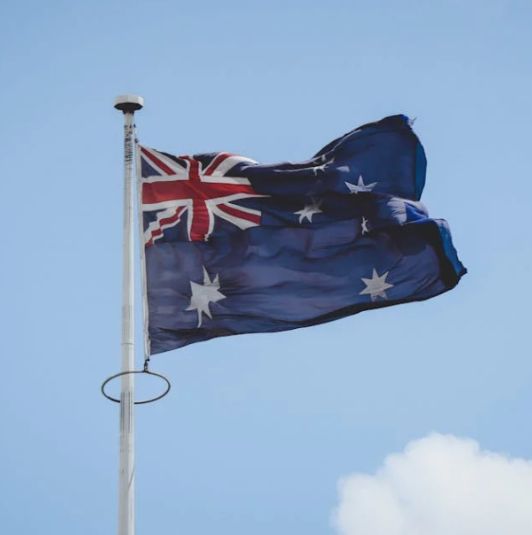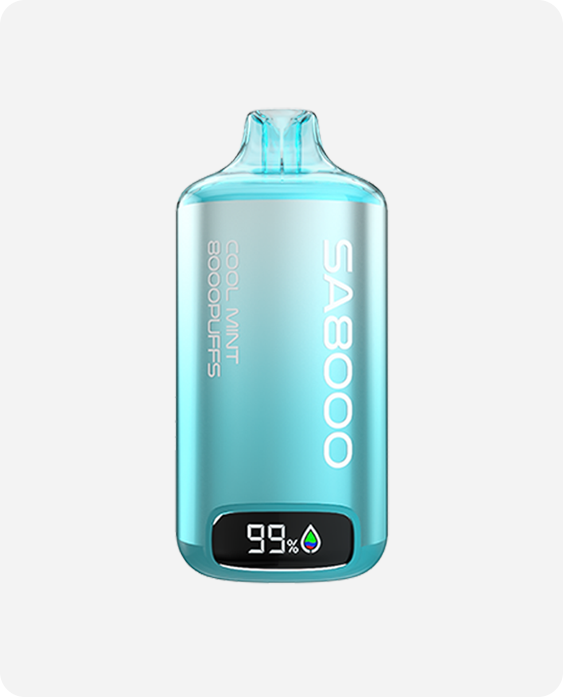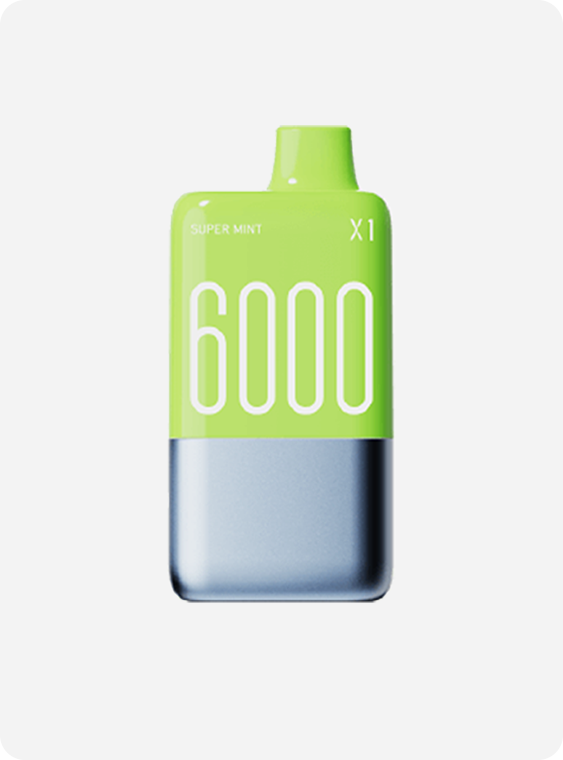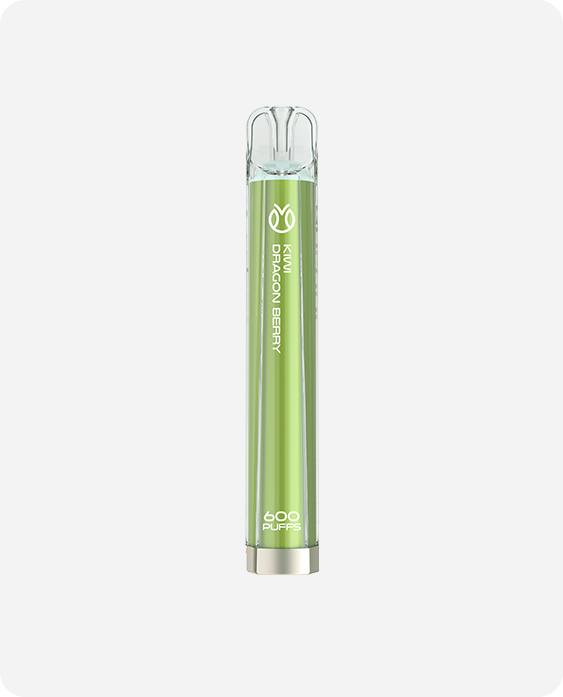With the enhancement of health awareness and technological advancements, people who regard e-cigarettes as harm-reduction alternatives compared to traditional cigarettes have also begun to worry about whether e-cigarettes pose similar risks to users. This concern has been one of the key factors driving significant changes in the global e-cigarette market. Currently, numerous countries and regions are actively stipulating or adjusting policies related to e-cigarettes. Review the first three quarters of 2024, how will the landscape of the e-cigarette industry evolve? From the rapid expansion of the Russian market to the strict regulations implemented in Malaysia, Australia, and other countries, as well as the tax policy adjustments in the UK, Canada, and elsewhere, the e-cigarette industry is entering a new phase full of challenges and opportunities.
Next, we will delve into several main countries and regions that have undergone significant adjustments in e-cigarette policies in 2024.
Russia: The Explosive Growth in the E-Liquid Market
The Russian e-cigarette market is experiencing unprecedented growth. According to a report by IVBG on October 5, 2024, based on the data from the Russian national product certification mark “Честный знак,” the Russian e-liquid market saw significant growth in the second quarter of 2024, with sales reaching 19.8 billion rubles and total sales volume of 512,500 liters. Compared to the same period in 2023, sales surged by 23.4 times. Furthermore, the number of e-liquid manufacturers increased from 68 in 2023 to 102 in 2024, and the number of legal e-cigarette retail outlets increased by 178,200 over the past two years, totaling 235,600. These two figures demonstrate a remarkable development trend in the Russian market. Though an overwhelming growth in the Russian e-cigarette industry, it also brings increasingly stringent regulatory challenges.
Since April 1, 2024, Russia has implemented a new tobacco licensing system that requires companies engaged in the production and sale of tobacco products and related products including e-cigarettes, to obtain a legal license. Regarding sales license, applicants must submit detailed application materials, including copies of documents for major technical equipment, proof of equipment ownership, copies of relevant documents related to economic or operational management, and pay a certain fee (no specific amount has been clarified). Violations of the licensing system will result in fines of up to 1.6 million rubles (approximately $16,000). The Russian government rolled out the licensing system to prompt consolidation in the Russian e-cigarette market, and smaller businessmen have difficulty with the qualifications and costs of obtaining a license.
Additionally, in May 2024, the State Duma submitted a bill proposing a complete ban on the retail sale of both nicotine-containing and nicotine-free e-cigarettes, aiming to reduce citizens’ (especially young people’s) consumption of nicotine-containing products. The draft of this bill reflects the government’s increasing concern about e-cigarette products and indicates that future market regulation will be further tightened.
Malaysia: New Control Act Takes Effect
On September 25th, the Ministry of Health of Malaysia officially announced on its official foreign media account that the Public Health (Control of Smoking Products) Act 2024 (Act No. 852) will be formally implemented on October 1st. This Act covers various aspects such as registration, sales, packaging, labeling requirements, and smoking bans in public places, and explicitly categorizes e-cigarettes under its regulatory scope.
An overview of specific regulatory measures is as follows:
Registration System: All tobacco products and related products must be registered with the Ministry of Health of Malaysia before being imported, manufactured, or distributed. Unregistered products will be prohibited from sale.
Ban On Advertising and Promotion: Advertising, promotion, and sponsorship activities for tobacco products and related products are completely banned. For the goal of curbing smoking behavior, especially among the youth generation. Additionally, e-cigarettes and other tobacco products are prohibited from displaying advertisements and promotions in public places. Furthermore, the Act restricts the point-of-sale displays of smoking products at eateries and retail stores.
Sales Restrictions: The sale of tobacco products and related products to minors under the age of 18 is prohibited, and minors are also not allowed to purchase, use, or possess such products. The law prohibits online sales and sales through vending machines. All tobacco and e-cigarette sales outlets must display a clearly visible sign stating that minors are prohibited from purchasing.
Packaging and Labeling Standards: The packaging of tobacco products and related products must comply with standards set by the Ministry of Health, including health warning labels that clearly indicate risks and prohibit misleading information such as “low risk” or “safe.” Additionally, product ingredients, particularly nicotine content, must be listed on the packaging.
Nicotine Concentration Adjustment: It is estimated that from October 1, 2025, the maximum nicotine concentration in e-liquid will be reduced from 35 mg/mL to 20 mg/mL. By October 1, 2026, the maximum capacity of a single refill cartridge will be further reduced to 2 mL, some local press stated.
Smoking Bans in Public Places: The Minister of Health has the right to designate public areas as smoke-free zones, which also apply to e-cigarettes.
Floor Price Control: The retail floor prices of tobacco products and related products must in accordance with minimum standards set by the Ministry of Health in case using low-price strategies promotion of e-cigarettes to ruin the market order.
Specific Regulation of E-Cigarettes: It seems that E-cigarettes and the nicotine they contain will be removed from the restricted substances list under the Poisons Act and instead included in the tobacco product regulatory system. Additionally, some related reports claimed that restrictions on the capacity of e-liquid, such as not exceeding 3 mL for single refill cartridges, pods, and disposable e-cigarettes, and not exceeding 15 mL for bottled e-liquid, will be implemented.
Countermeasures: In the face of public health risks, the Minister of Health may take rescue measures such as restricting or banning the import, manufacture, and sale of e-cigarettes to address potential immediate threats to public health.
Australia: Adjustments on the Access of E-cigarettes
Since 2024, Australia has officially categorized e-cigarettes as therapeutic goods, which means that e-cigarettes and the chemicals they contain are no longer considered industrial products and are thus no longer regulated by the Australian Industrial Chemicals Introduction Scheme (AICIS). In response to this change, Australia has introduced many new regulations, as detailed below:
Effective July 1, 2024:
Non-pharmacy retailers, including tobacco shops, e-cigarette specialty stores, and convenience stores, are prohibited from selling any type of e-cigarette products.
Therapeutic e-cigarettes that meet the requirements of the Therapeutic Goods Administration (TGA) may still be sold in pharmacies under a prescription.
Until September 30, 2024, nicotine-containing and nicotine-free e-cigarettes both require a prescription from a licensed doctor or medician for purchase.
The flavors of therapeutic e-cigarettes are limited to mint, menthol, and tobacco.
Personnel involved in the transportation, storage, or handling of e-cigarettes must comply with strict regulations.
Except for special authorization, advertising and promotional activities related to e-cigarettes are comprehensively prohibited.
Effective October 1, 2024:
Individuals aged 18 and above may purchase e-cigarettes with a nicotine concentration of no more than 20 mg/mL from pharmacies without a prescription but must consult with a pharmacist before purchase to confirm suitability.
Proof of identity is required for purchase, and the quantity purchased per transaction cannot exceed a one-month supply.
A prescription will still be required to purchase e-cigarettes for those under the age of 18 and patients requiring high-nicotine products.
Ireland: New Tax Announcement on E-cigarettes
On September 10, 2024, the Irish Cabinet approved a draft legislative proposal put forward by Minister for Health Stephen Donnelly to implement stricter regulations on disposable e-cigarettes and flavored e-cigarettes. Additionally, the proposed law aims to curb marketing strategies targeting young consumers. This means that the display and advertising of e-cigarettes will be severely restricted in all but specialist e-cigarette shops. Meanwhile, new regulations will be imposed on the design of packaging and devices to prevent the use of bright colors and attractive images that may appeal to young consumers.
Ireland has already implemented a ban on the sale of nicotine inhalation products to minors under 18 and plans to introduce further restrictions in 2025, including advertising restrictions, a ban on pop-up store sales, and sales of auto-vending machines.
According to an RTE report on October 1, the Minister of Finance of Ireland, Pascal Donohoe announced a series of new tax policies related to tobacco products and e-cigarettes in the 2025 budget. According to the budget, taxes on tobacco products will be proportionally increased from mid-2025. For example, the government will impose a domestic tax of 50 cents per milliliter for e-cigarette liquids. The new tax will raise the price of disposable e-cigarettes (which typically contain 2 milliliters of e-liquid and cost around €9) to €10.23 (including VAT), an increase of around €1.23. The Finance Minister stated that this measure is aimed at addressing the public health issues arising from the significant increase in the use of e-cigarettes.
United Kingdom: Bans on Disposable E-cigarettes
Philippines: Amendment to the Implementing Rules and Regulations of the E-Cigarette Act
Effective June 1, 2024, the Philippines officially implemented new e-cigarette regulations that comprehensively cover all next-generation tobacco products, including heat-not-burn products and e-cigarettes. At that time, all e-cigarette products must be registered and certified by the DTI, which includes obtaining the Philippine Standard (PS) mark and Import Commodity Clearance (ICC) label.
To this end, the DTI has amended the Implementing Rules and Regulations of the Control Act on Nicotine and Non-Nicotine Products of Electronic Cigarettes and strengthened the authority of the Office of Special Missions on Vaping (OSMV). Under the new regulations, all manufacturers and importers must submit product registration and certification applications through the OSMV. The OSMV has been empowered to recall or prohibit the sale of non-compliant products. The DTI has also set a six-month transition period to deal with existing stocks of e-cigarettes. In other words, the regulations will officially come into force on 5 January 2025!
Canada: Changes in the E-Cigarette Tax System
Effective July 1, the tax on e-cigarette products produced or imported into Canada ( the “Vape Tax”) will increase by 12%. Meanwhile, two of Canada’s largest provinces, Ontario and Quebec, have joined the federal government’s “Tax Partnership” program. Under this program, these two provinces can double the e-cigarette tax rate and retain half of the tax revenue, which indicates that e-cigarette manufacturers in Ontario and Quebec will face a tax burden twice as high as manufacturers in other provinces. However, the government has also provided the market with a certain buffer period. Products that enter the supply chain within 90 days before July 1 can still be sold at the old tax rate. Therefore, the complete implementation of the new tax rate will be valid on October 1, 2024. At that time, all e-cigarette products entering the taxable market will have to bear an excise stamp.
United States: Calls for Strengthening the Crackdown on Illegal E-Cigarettes
The United States has stepped up efforts and measures to crack down on illegal e-cigarette products. The United States International Trade Commission (ITC) has voted to conduct a Section 337 investigation into specific disposable e-cigarette products (investigation code 337-TA-1410). In this investigation, A total of 17 Chinese companies have been named as defendants, including some well-known e-cigarette brands such as SMOK and ELFBAR.
The global e-cigarette industry is experiencing tremendous changes triggered by policy adjustments in various countries. From rapid market growth to increasingly stringent regulatory measures, from tax policy adjustments to comprehensive bans on disposable e-cigarettes in some regions, these policy dynamics will make a profound impact on the future development of the e-cigarette industry. According to industry insiders, the e-cigarette industry will tend towards a more standardized and healthier development path in the future, and will also face greater compliance pressures and innovation challenges.
Compiled and reported by ANTBAR!














